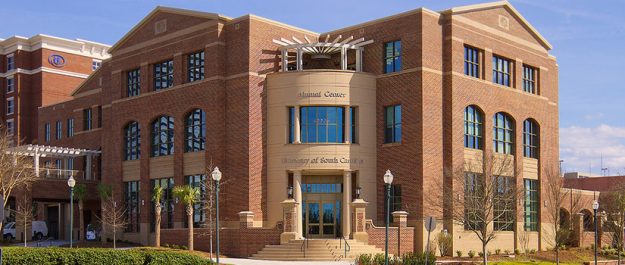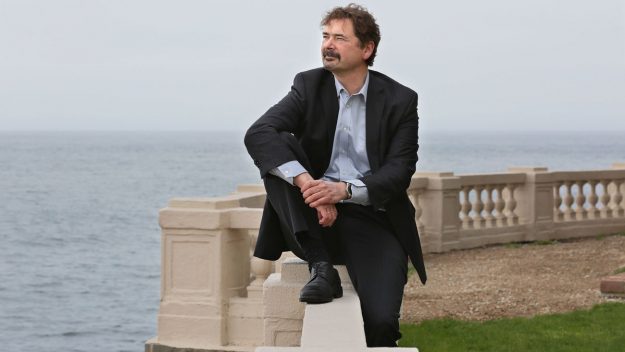As it seems inevitable that the UK will extradite Julian Assange to the US to face espionage charges, a rally to support the Wikileaks' editor is planned to take place in Boston on Friday.
Posts published by “Christine Hall”
Christine Hall has been a journalist since 1971. In 2001, she began writing a weekly consumer computer column and started covering Linux and FOSS in 2002 after making the switch to GNU/Linux. Follow her on Twitter: @BrideOfLinux
In a first-time ruling by Italian courts on open source licensing, a software vendor has lost a civil case for failing to comply with open source license requirements.
The San Francisco-based startup that's caught the eyes of VCs, to the tune of $181.2 million invested in less than a year, is also licensing its platform under the fauxpen source Elastic License.
Brent Laster, who's in charge of R&D at SAS, will be on hand to talk about container technology on Thursday, both for an in-person audience in Columbia, South Carolina, and for people watching globally on Zoom.
Vivaldi's 5.0 release might be seen as the release of two browsers -- one finely tuned for the desktop, and one designed for a wide range of Android devices.
The "State of the Word" address from the WordPress CMS project will be both live and in person, as well as streamed for viewing from home.
Nextcloud, The Document Foundation, FSFE, OnlyOffice, and 26 other organizations are pushing the EU and member states to end noncompetitive actions by Microsoft and others.
The PHP Foundation is an effort by 10 key PHP vendors to assure adequate funding to keep the popular scripting language viable.








